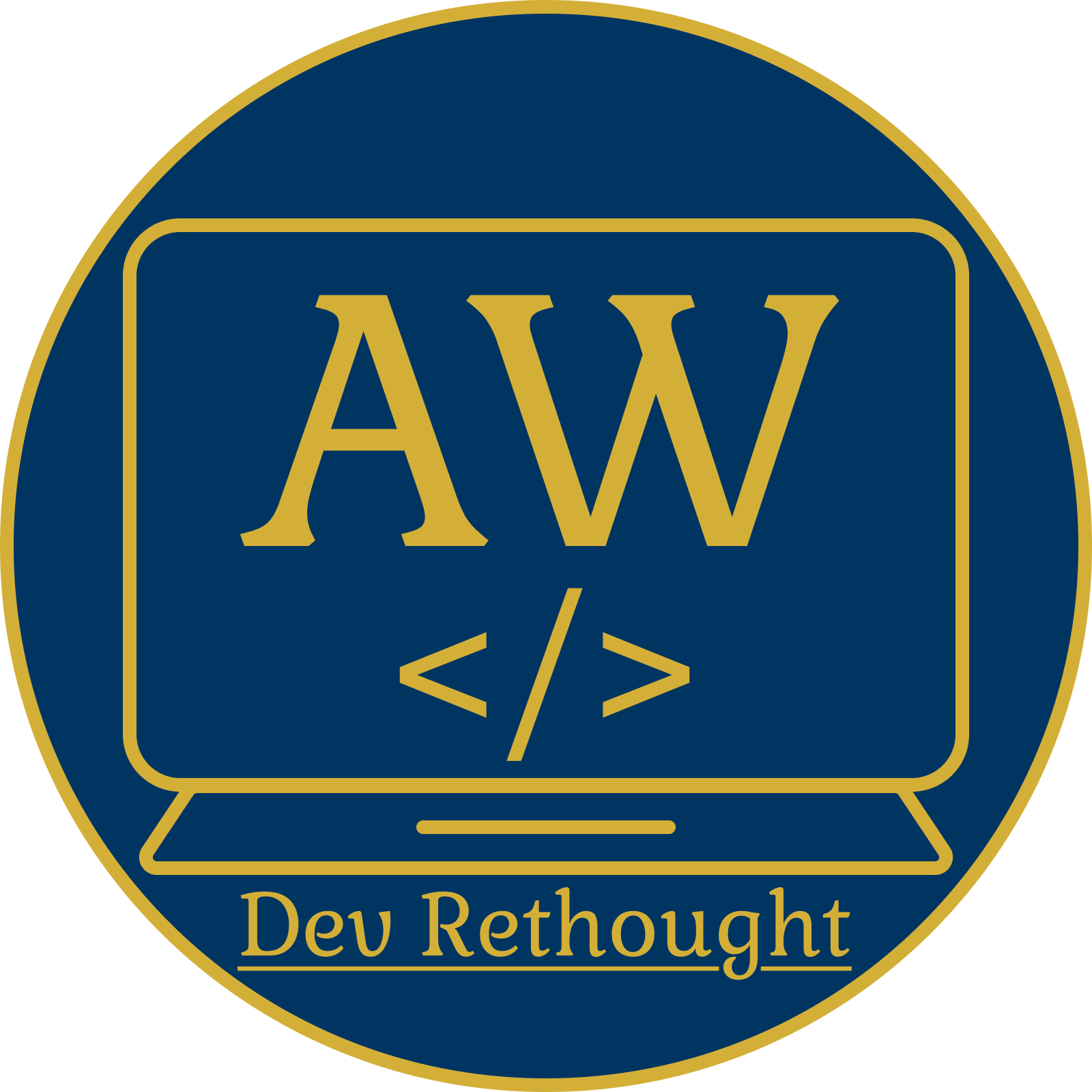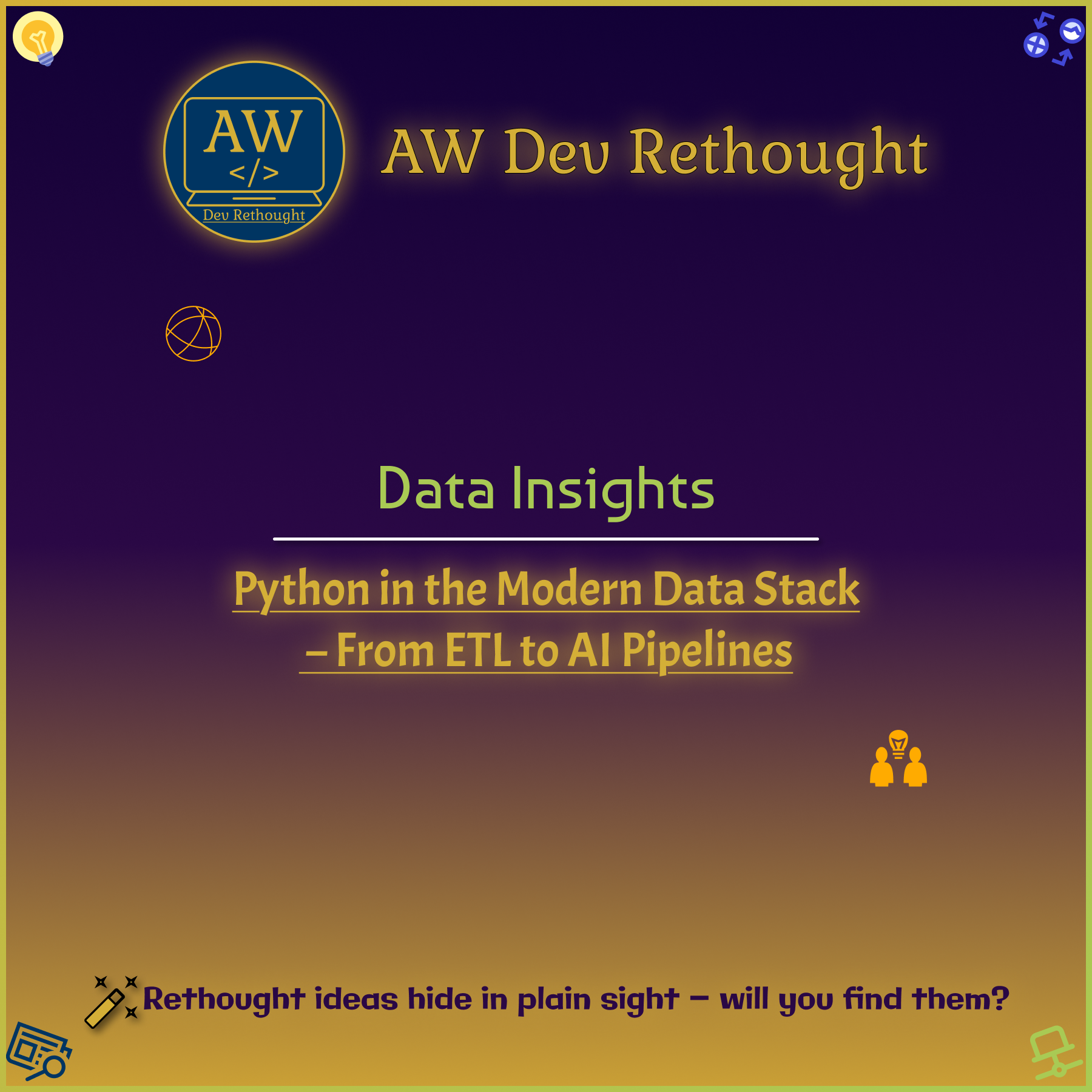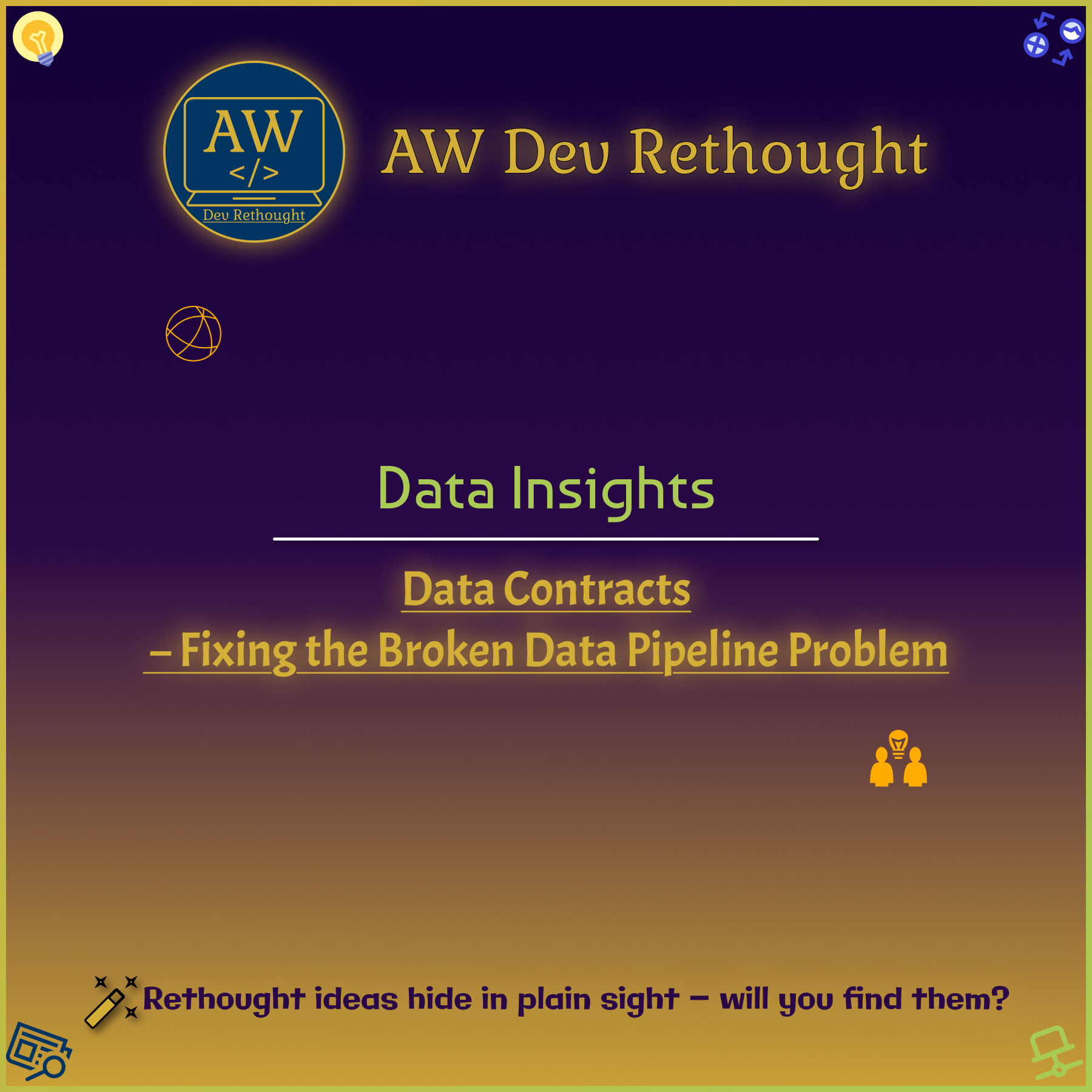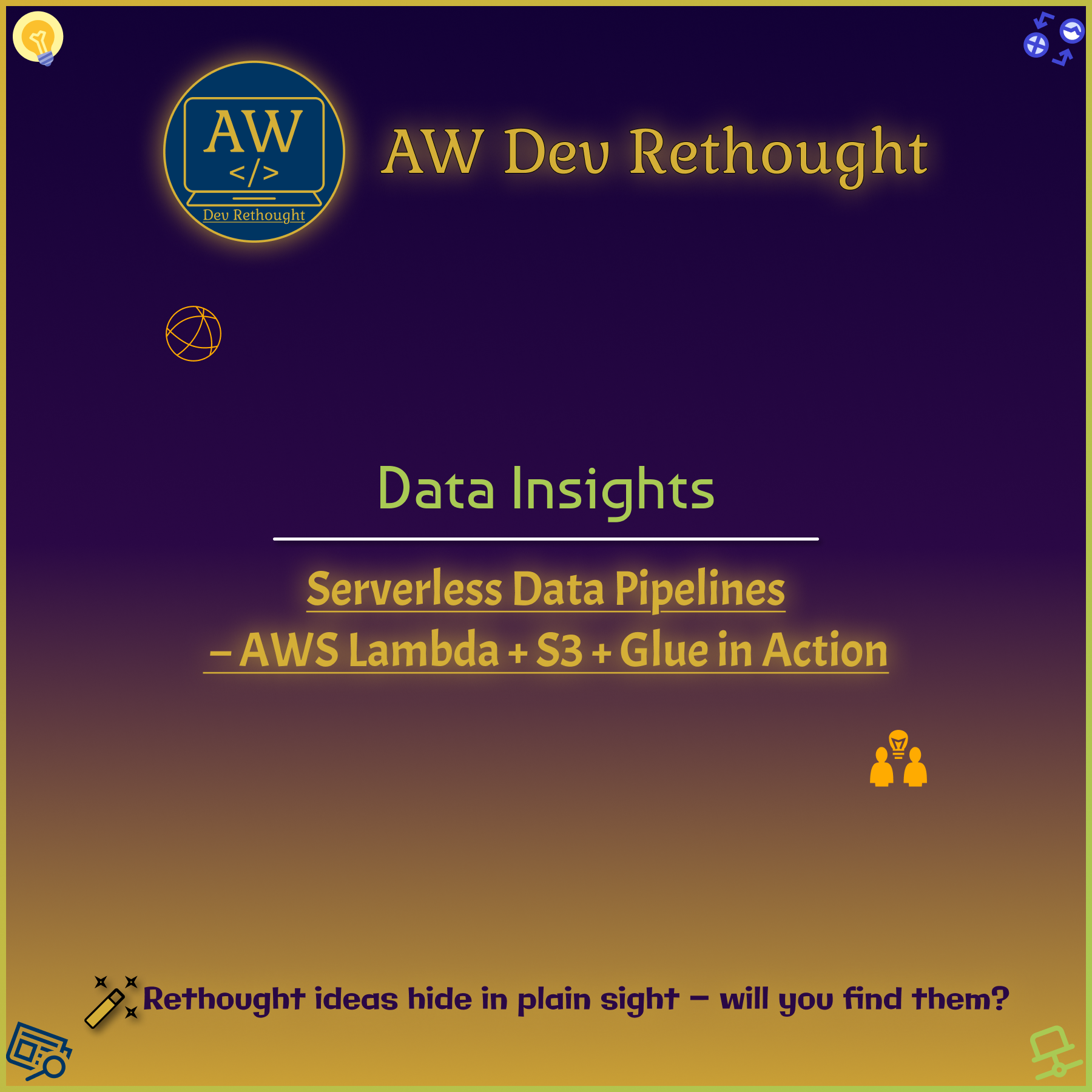Data Insights: SQL vs NoSQL – Choosing the Right Database
Introduction
Databases are at the heart of every application. But when it comes to choosing between SQL (relational) and NoSQL (non-relational) databases, developers often face confusion. The right choice depends on your application’s data model, scalability needs, and consistency requirements.
Let’s break down the differences and when to use each.
What is SQL?
SQL (Structured Query Language) databases are relational — they store data in tables with rows and columns, and relationships between tables are defined using keys.
- Examples: MySQL, PostgreSQL, Oracle, Microsoft SQL Server
- Best For: Structured data with well-defined relationships
- Strengths:
- ACID compliance (Atomicity, Consistency, Isolation, Durability)
- Complex queries and joins
- Strong schema and consistency
What is NoSQL?
NoSQL databases are non-relational — they can store data as documents, key-value pairs, wide columns, or graphs. They’re designed for flexibility and scalability.
- Examples: MongoDB (Document), Cassandra (Wide Column), Redis (Key-Value), Neo4j (Graph)
- Best For: Semi-structured or unstructured data, large-scale distributed systems
- Strengths:
- Flexible schema (easy to evolve data models)
- Horizontal scalability (distributed across nodes)
- High performance for specific access patterns
Key Differences
| Feature | SQL Databases | NoSQL Databases |
|---|---|---|
| Data Model | Tables (rows & columns) | Documents, key-value, graphs, etc. |
| Schema | Fixed schema | Flexible schema |
| Scalability | Vertical (scale-up) | Horizontal (scale-out) |
| Transactions | Strong ACID compliance | Often BASE (Basically Available, Soft state, Eventual consistency) |
| Use Cases | Financial systems, ERP | Social media, IoT, real-time apps |
When to Use SQL
- Applications needing strong consistency and complex queries (e.g., banking, e-commerce checkout).
- When data relationships matter (e.g., CRM systems).
- Regulatory/compliance-heavy industries requiring strict ACID guarantees.
When to Use NoSQL
- Applications with high write/read throughput (e.g., social networks, gaming).
- Rapidly evolving schemas (startups iterating quickly).
- Large-scale distributed systems (IoT, analytics pipelines).
Pro Tip
It’s not always SQL vs NoSQL. Many modern systems use a polyglot persistence approach — combining SQL for structured data (e.g., transactions) and NoSQL for flexible or high-volume workloads (e.g., logs, user profiles).
Takeaway
- SQL is best when you need structured schemas, strong consistency, and complex queries.
- NoSQL shines for flexibility, scalability, and handling large amounts of diverse data.
- The right choice depends on your application’s data structure, consistency requirements, and scale.





No comments yet. Be the first to comment!